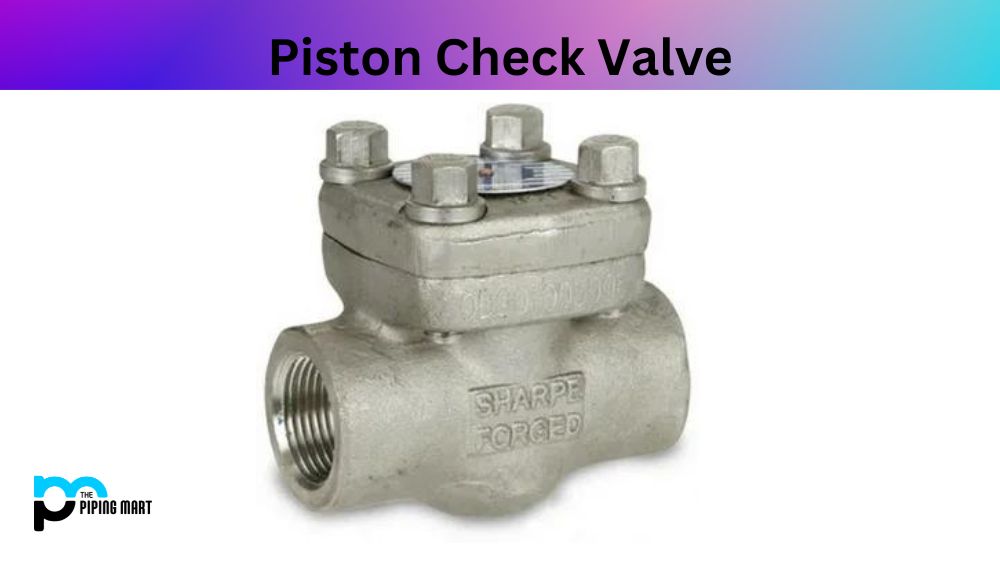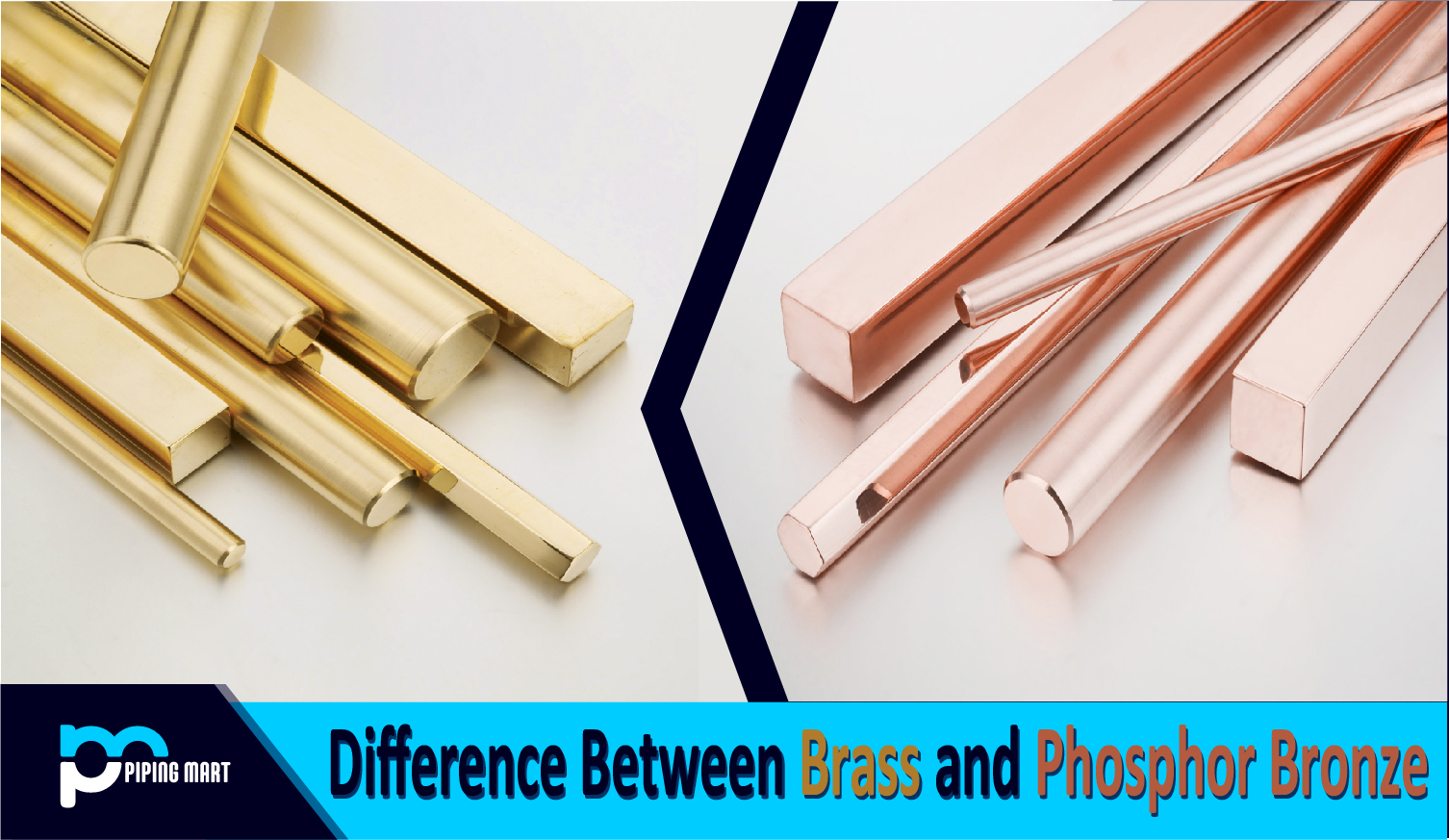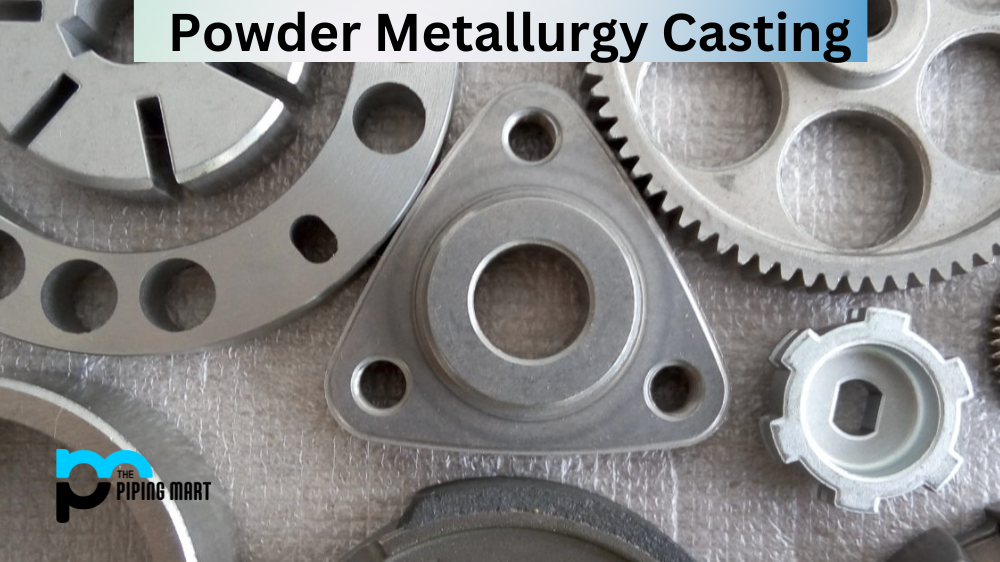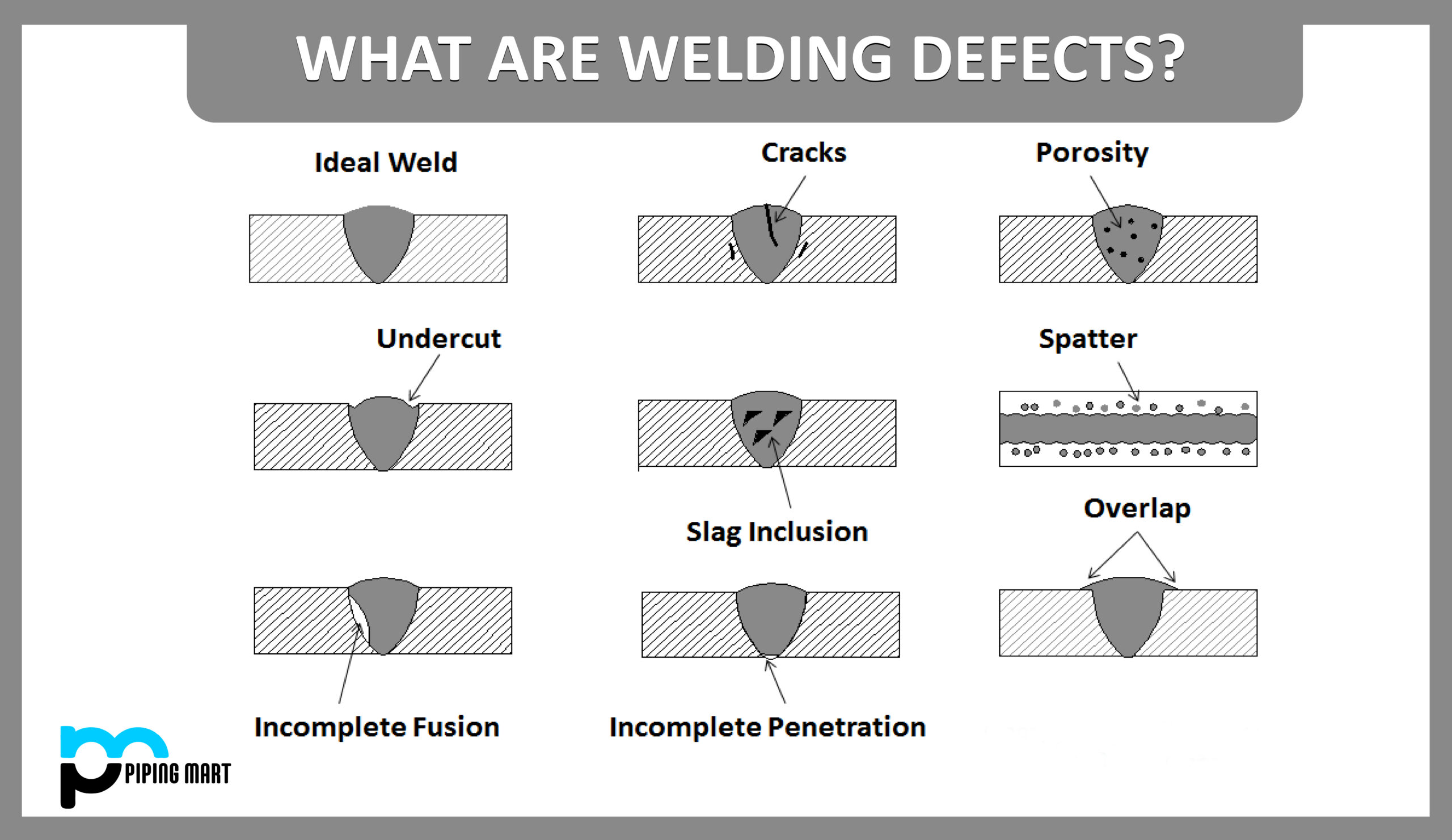Piston check valves have been around for a long time, and there’s a good reason why they remain one of the favourites among industries. From chemical processing, oil and gas, food and beverages to pharmaceuticals, the advantages of piston check valves are considerable. Nevertheless, as with any industrial equipment, piston check valves have benefits and drawbacks. In this blog, we’ll explore the advantages and disadvantages of piston check valves to give you a comprehensive understanding of these valves.
What is Piston Check Valve?
A Piston Check Valve is a special type of check valve designed to seal in the reverse direction, preventing fluid or gas from flowing back into its source. It is typically used when pressure differences between two sides of an opening exist and should be kept separate. It consists of a cylindrical body containing a floating piston that operates within the cavity with an O-ring to reduce leakage and friction. In addition, it features high flow capacity, low cracking pressures, and minimal wear due to its simple construction.
Advantages of Piston Check Valve
High Durability: One key benefit of piston check valves is their durability. They are designed using high-quality materials, including stainless steel or exotic alloys, ensuring long-lasting operation.
Low maintenance: Piston check valves require minimal maintenance, critical in industrial plants where downtime is expensive and often negatively impacts productivity. With few moving parts and no internal cavities, piston check valves don’t require extensive maintenance checks.
High flow capacity: Piston check valves have a higher flow capacity than most. They are ideal for applications with high flow rates and pressures, including viscous fluids.
Reliable operation: Piston check valves are more reliable than other check valves. They operate silently and don’t produce any water hammer, which can cause damage to equipment or create unsafe working conditions.
Disadvantages of Piston Check Valve
Costly: Unlike other check valves, piston check valves are more expensive. They require high-quality materials and specialized manufacturing processes, which leads to their premium price tags.
Limited use: Piston check valves are unsuitable for slurries, fluids containing solids, and low-flow applications. In addition, they require higher pressure to operate, which limits their use in certain systems.
Need for Lubricants: Piston check valves require regular lubrication, which can increase maintenance costs. With regular maintenance and lubrication, the valve may be able to seal shut.
Design constraints: Piston check valves have a specific design that requires vertical mounting. This design constraint may make it difficult to fit them into existing systems that need more vertical space.
Conclusion:
Piston check valves have more advantages than disadvantages, making them a popular choice for many industrial applications. However, industries need to consider the specific demands of their systems and weigh the pros and cons of piston check valves to determine if they are the best fit. Piston check valves will add value by ensuring durability, high flow capacity, and reliable operation in demanding industrial settings.

Pipingmart is a B2B portal that specializes in metal, industrial and piping items. Additionally, we share the latest information and information about materials, products and various types of grades to assist businesses that are involved in this business.




